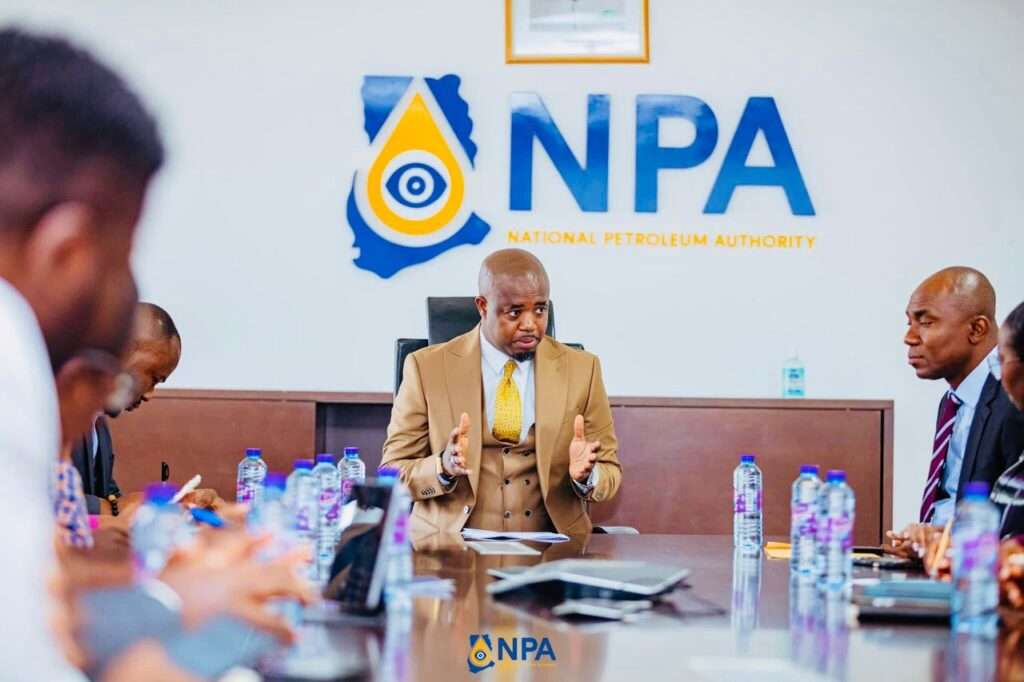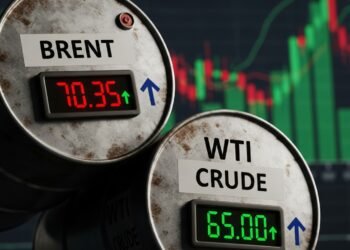Two Civil society organizations are sounding the alarm over what they describe as longstanding and systemic lapses in the management of key petroleum funds by the National Petroleum Authority (NPA).
In a strongly worded joint press statement, two leading CSOs, the Centre for Energy Market and Sustainable Environment (CEMSE) and Revenue Mobilisation Africa (RMA) called for urgent reforms, including the decoupling of the NPA’s regulatory and fund management roles, to restore transparency and accountability in Ghana’s petroleum sector.
The statement, signed by Benjamin Nsiah and Geoffrey Kabutey Ocansey, Executive Directors of CEMSE and RMA respectively, criticizes the NPA for presiding over multiple funds with limited oversight or transparency, despite those funds collectively generating billions of cedis annually.
“The NPA has consistently failed to demonstrate full accountability in managing petroleum-derived funds.
“These funds should be yielding substantial surpluses for national development, yet most of the surplus revenue remains unreported or misapplied.”
Civil Society Organisations

At the heart of the CSOs’ critique is the Unified Petroleum Price Fund (UPPF), a mechanism designed to equalize freight costs across fuel retail outlets.
The UPPF is funded through a margin of 90 pesewas per litre, and based on Ghana’s annual consumption of approximately 5 billion litres of petrol and diesel, the fund is estimated to generate over GHS 4 billion each year.
Yet only 40% of that amount is disbursed to transporters, leaving an unexplained GHS 2 billion in the hands of the NPA.
While the Auditor General’s 2024 report indicates a UPPF surplus of GHS 524 million, the CSOs argue that this figure drastically underrepresents the real revenue, suggesting a pattern of “under-declaration” that defies basic accountability standards.
More puzzling, according to the groups, is how the UPPF posted a deficit of GHS 131 million in 2022, despite a funding mechanism designed to accumulate surpluses.
“Since 2015, the NPA has not accounted to Ghanaians for these surpluses.
“This lack of transparency undermines public trust and robs the state of valuable resources that could be directed toward priority sectors.”
Civil Society Organisations
Fuel Levies Lack Transparency

The Primary Distribution Margin (PDM) fund is another area of concern. Intended to cover the movement of petroleum products between depots, the fund reportedly brings in over GHS 1.3 billion annually.
However, with only a small percentage of actual physical transportation performed by BOST, the state-owned storage and transport company approximately 70% of PDM revenue is surplus.
That amounts to nearly GHS 900 million annually, with no clear record of how the funds are utilized.
Even more contentious is the Cylinder Recirculation Margin (CRM), which levies $80 per metric ton on LPG sales to fund investments in cylinder retooling and bottling.
Despite the collection of over $30 million since the scheme’s launch in April 2024, only $37,000 has been disbursed for its intended purpose.
“The secrecy surrounding the CRM fund is appalling. The NPA must not be allowed to continue managing funds without accountability.”
Civil Society Organisations

The CSOs argued that these combined surpluses estimated at over GHS 3 billion annually could be redirected toward pressing development needs if the funds were more transparently managed.
To address these issues, the CSOs are calling on the government to undertake three major reforms. First, they are demanding a comprehensive audit of all petroleum-related funds from 2021 to 2024, especially focusing on the suspicious deficit in 2022.
Second, they urge Parliament to amend the NPA Act to separate its regulatory function from fund administration. And third, they propose that all petroleum-related fund management responsibilities be transferred to the Ministry of Finance.
“This call for reform is driven by the need to safeguard national resources and ensure their proper allocation for the benefit of all Ghanaians.
“Transparency and accountability in the management of these funds is not just a legal obligation but a moral imperative.”
Civil Society Organisations
According to the advocacy groups, these steps are essential to ensuring that petroleum revenues are used to support national development rather than absorbed by institutional inefficiencies.
READ ALSO: IMF Urges BoG to Hold Tight on Policy Rate to Cement Disinflation Gains






















